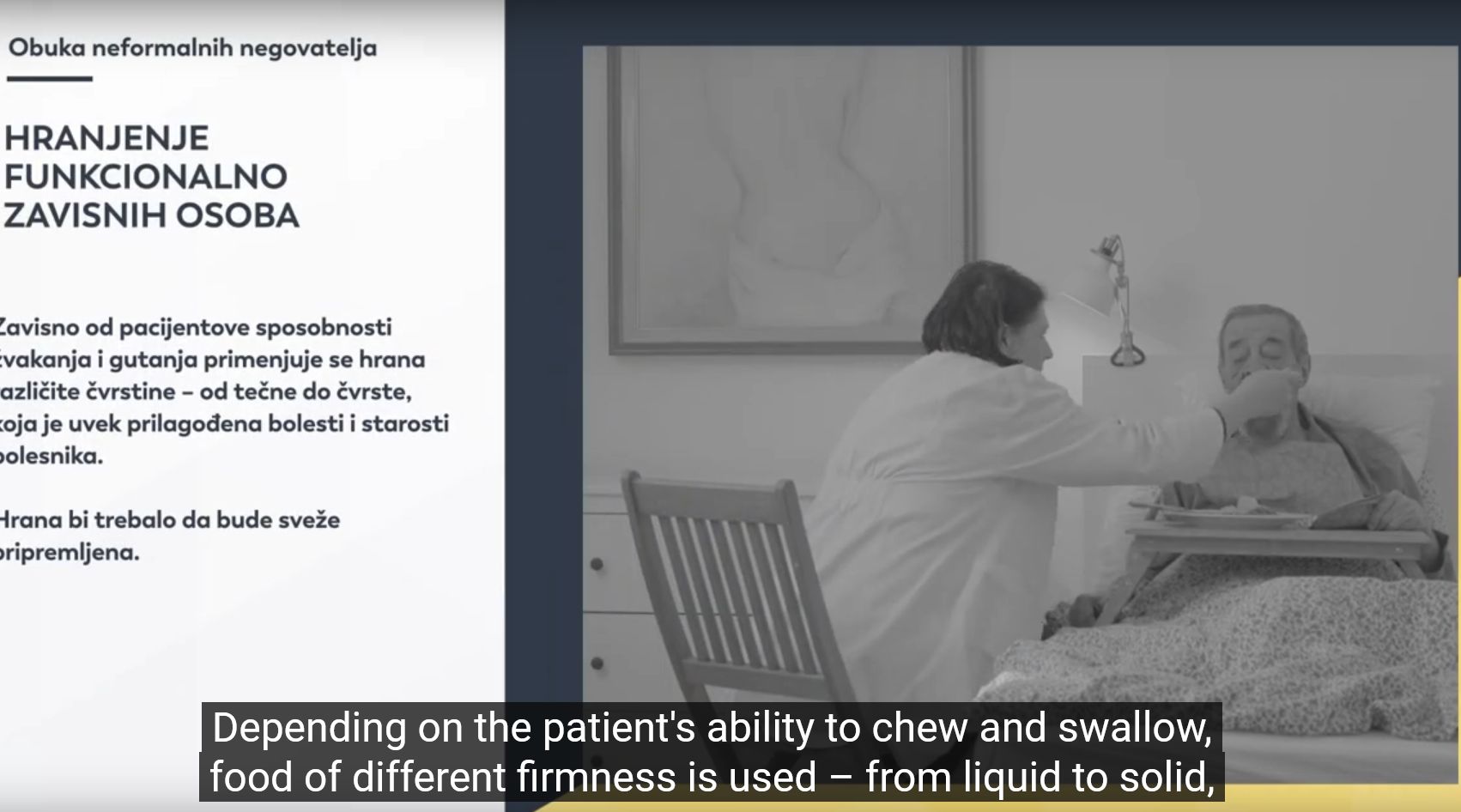International Day of Care and Support 29 October

Following the initiative of the UN General Assembly this year, for the first time, the International Day of Care and Support will be observed on October 29.
Caregiving, paid and unpaid, is one of the most important components of society's response to demographic aging. Caregiving includes direct, personal activities, such as feeding a baby or caring for a sick partner; as well as indirect care activities, such as cooking and cleaning. Paid care is provided by formal caregivers such as nurses, doctors, educators, and caregivers. Unpaid caregiving is the domain of informal caregivers, who are usually close family members of the person being cared for, relatives, friends or neighbours. Informal care is a pillar of every long-term care system in the world with hundreds of millions of informal caregivers without whose services these systems would collapse, and who in most cases do not have support in education, access to the labour market, etc.
Globally, it is estimated that there are 249 million women and 132 million men in the care workforce. It is predicted that by 2030, the number of care users will reach 2.3 billion, with an additional one hundred million older persons and one hundred million children aged 6 to 14 who will need care. Most of the providers of unpaid, informal care are women (76.2%), who invest 3.2 times more time than men in providing care.
Bearing in mind the need to invest in the care economy and create gender-responsive, strong and resilient, inclusive and age-sensitive care and support systems that include full respect for human rights, and with the aim of recognizing, valuing, reducing and redistributing unpaid care and support, the General Assembly The United Nations has decided to declare October 29 as the International Day of Care and Support.
The Red Cross of Serbia has been supporting informal caregivers through its various projects for years. A research study “Mental health of informal caregivers” was conducted in 2020 in cooperation with the Medical faculty of the University of Belgrade, with the support of the United Nations Population Fund (UNFPA), and its results were presented in a publication issued by the Red Cross of Serbia:
https://www.redcross.org.rs/en/resources/publications/mental-health-of-informal-caregivers/
As part of the “Addressing and Preventing Care Needs through Innovative Community Care Centres” project, which is implemented with the support of the European Union, the Austrian Development Agency and the Austrian Red Cross, the Red Cross of Serbia produced a series of educational short films aimed at informal caregivers and dealing with various aspects of providing care at home:
As part of the same project, the Red Cross of Serbia also published the guide “I, an informal caregiver”, a printed and digital publication intended for all those who provide care for their older parents and who are torn between different obligations, on the one hand, and emotional and ethical dilemmas, on the other. The guide can be used not only by those who are currently caring for an older person, but also by those who want to prepare for care in the near future:
https://www.redcross.org.rs/sr/resursi/%C5%A1tampane-publikacije/ja-neformalni-negovatelj/
Finally, the research “Access to long-term care services” conducted within the project “Strengthening resilience of the older persons and persons with disabilities during COVID-19 and future disasters”, also implemented with the support of the European Union, the Austrian Development Agency and the Austrian Red Cross, showed that in In Serbia, the vast majority (90.5%) of respondents who rely on the support of informal caregivers in carrying out their daily activities do not receive any compensation from the state for other people's care and assistance, and in only 23.3% of cases informal caregivers receive some expert advice on providing care from appropriate organizations and institutions such as social welfare, health care or humanitarian organizations:
https://www.redcross.org.rs/en/resources/publications/access-to-long-term-care-services-in-serbia/
